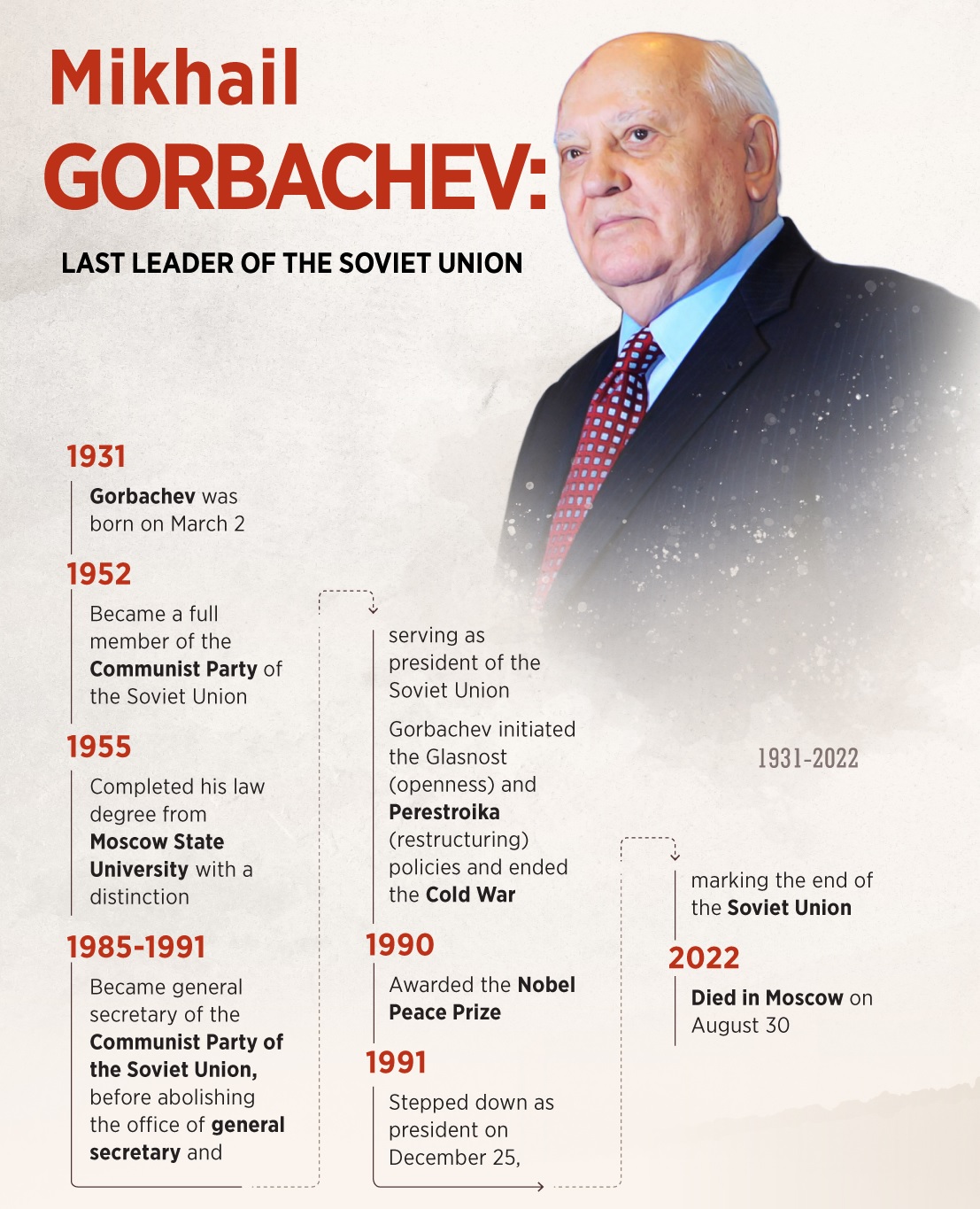7667766266
enquiry@shankarias.in
Mikhail Gorbachev, the last president of the Soviet Union, passed away recently.

References